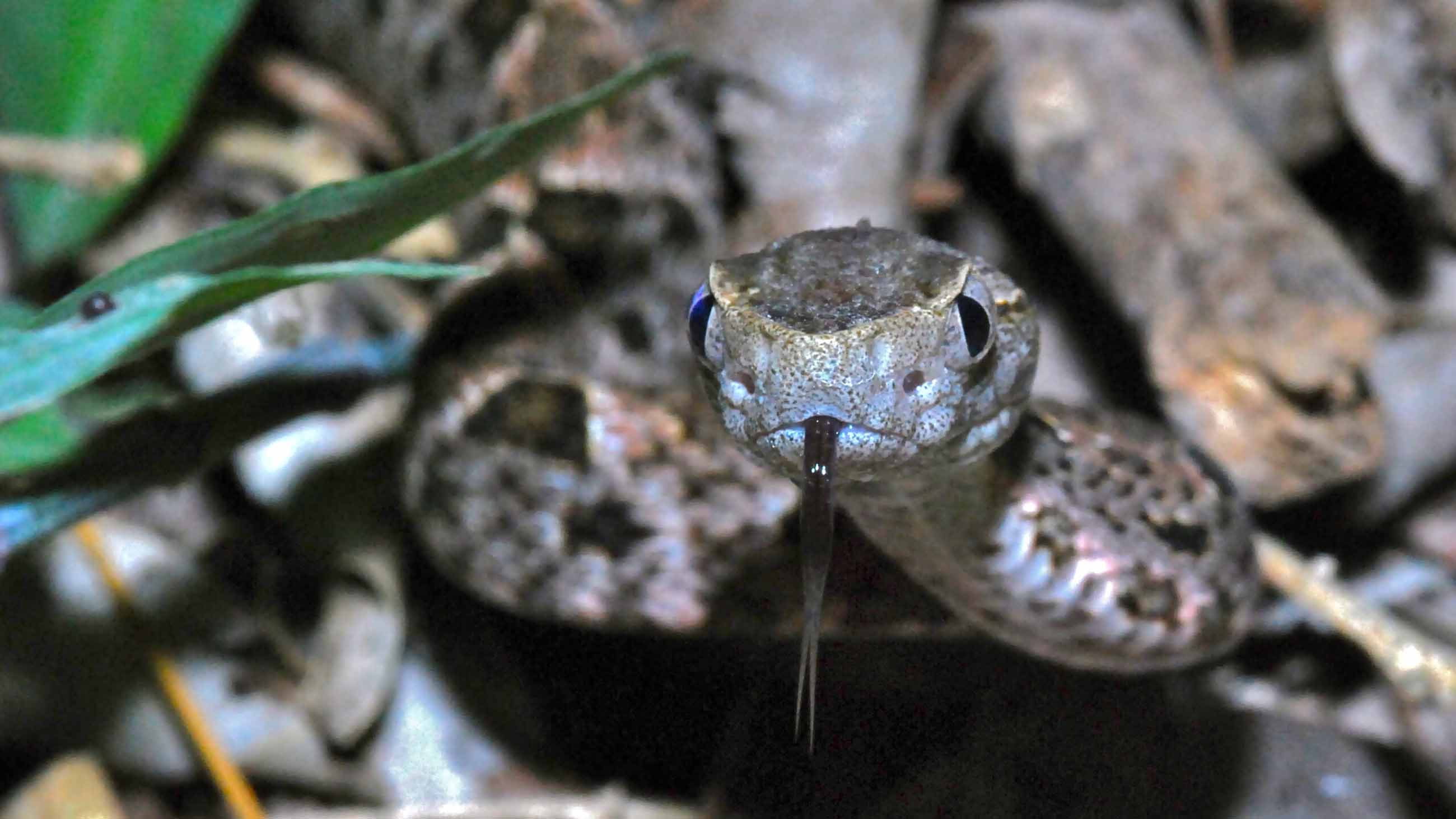Abstracts: Dinosaurs, Venom, Vaccines, and More
• A controversial study published in Nature shook up the dinosaur family tree earlier this week. If correct, the common ancestor of all dinosaurs might actually be a cat-sized creature from Scotland, and T-rexes and Stegosauruses might have had feathers. (The Guardian)

• A new rotavirus vaccine that doesn’t require refrigeration shows promise in a recently published clinical trial in young children in Niger. The vaccine would also be cheap, making it more accessible to the 1,300 children that die daily of rotavirus-related dehydration and diarrhea in Africa. (Reuters)
• Citations take a while to accumulate, so scientists are turning to other metrics — altmetrics — to measure the impact of a paper. Options include number of downloads, social media mentions, inclusion in a course curriculum, and if results of a trial are used to draft guidelines for doctors. (The Economist)
• Parents of children with rare diseases are vocal advocates. A rising trend shows that they are also pushing gene therapy forward. (MIT Tech Review)
• Self-assembling stem cells that create even simple embryolike structures are complicating the ethics around stem cell research. Before scientists dive too deeply into creating synthetic human entities with embryolike features, or Sheefs, new ground rules need to be established. (The New York Times)
• Flipping through images from the Rosetta spacecraft revealed that landslides transform the topography of comets. (Washington Post)
• The five-year drought in California is over, but the state’s water woes might just be beginning. Now in the wettest winter on record, heavy rain fall is threatening the dam at Lake Oroville, a huge reservoir that supplies drinking water to Los Angeles and millions of acres of farm land. (The New Yorker)
• Startups are brewing the next generation of anti-venom in bacteria, but distribution to remote places with rare snakes needs work. (Wired)
• Our brains experience discrimination as a form of stress, or more intensely, as a threat to survival. Scientists are beginning to understand what happens to brains constantly threatened with blatant racism and microaggressions. (Tonic)
• And finally, everything you need to know about making an Egyptian mummy. (National Geographic)









